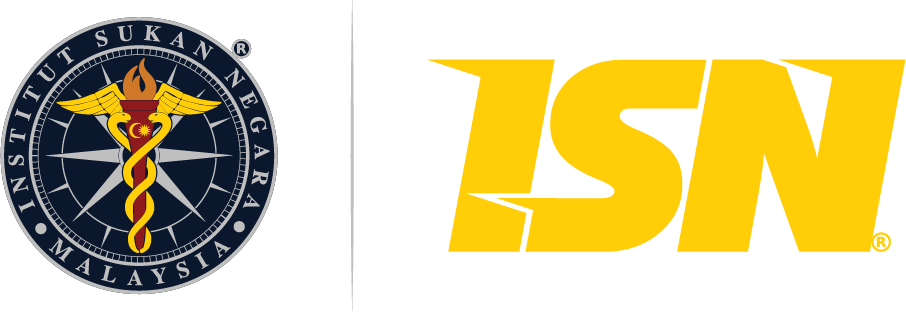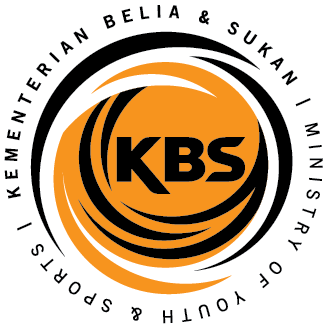Worsening haze conditions in several areas in Peninsular Malaysia over the past few days, especially those located in the state of Johor and Malacca which saw an increase in the Air Pollutant Index (API) is high. In addition, Malaysians are now faced with hot and dry weather the Southwest Monsoon that lasts from mid-May.
On this occasion, the National Sports Institute to provide advice and guidance to athletes who are training especially athletes who will compete in the Malaysia Games 2013 or later.
This situation also hit pose a challenge to the athletes and the public in sports activities in the field. Where air quality can also affect the athletes and the general public, especially those suffering from asthma.
Therefore, athletes or coaches need to know the Air Pollution Index (API) before holding the athletes training activities. These API’s necessary to guide athletes and coaches: –
API 0-50 = Reclassified as good API readings 51-100 = Reclassified as well simple API readings 101-200 = Reclassified as unhealthy reading IPU 201-300 = Reclassified as very dangerous
– Sources of the Ministry of Natural Resources and Environment (http://www.doe.gov.my/apims/index.php).
The athlete was encouraged to continue training if the IPU is above the danger level due to a combination of air pollution and exercise can lead to health problems in the respiratory system. For the record, when doing exercise, athletes tend to inhale more air and breathe more deeply into the lungs.
Most athletes will breathe through the mouth during exercise sessions and generally suck air in the nasal passages usually bypass the filter particles of air pollution. Health problems involving air pollution consists of damage to the airways of the lungs, increasing the risk of triggering asthma, the risk of heart attack and stroke and can lead to death in extreme cases.
To limit the effects of air pollution when doing the exercises, the National Sports Institute recommends a few simple guidelines for athletes and coaches training in the event of air pollution. Here are suggestions for training as air pollution situation: –
- Avoid from high intensity training when the API level is at its highest level. Monitor air pollution levels over time through radio, television or online. Avoid from training in the afternoon or evening where air pollution levels are highest. Tegah athletes in training when the API exceeds 100 or with symptoms of drowsiness and shortness of breath.
- Training in the area covered / indoor stadium is the most effective measures to maintain and continue the training program of athletes. If air pollution continues for a long time, vary the routine training exercises such as physical modifications, run the “treadmill”, cycling, swimming, circuit training and more.
- Drink more water because it helps prevent any possibility of lung infection. Water can also help the process of washing and cleaning particle contamination in the airways when exposed to air pollution athletes when training outside.
- For a sport that really need outdoor exercise such as soccer, hockey, sailing and so on, the team might consider training for a while abroad free of haze pollution problem.
National Sports Institute also recommends to the National Sports Associations or organizers of the tournament, when it may delay any outdoor physical activity to ensure the safety and health of athletes and spectators is guaranteed if the API exceeded 100 points.
National Sports Institute (ISN) will also monitor the situation from time to time haze that hit the country and will provide the best advice to athletes and coaches.





